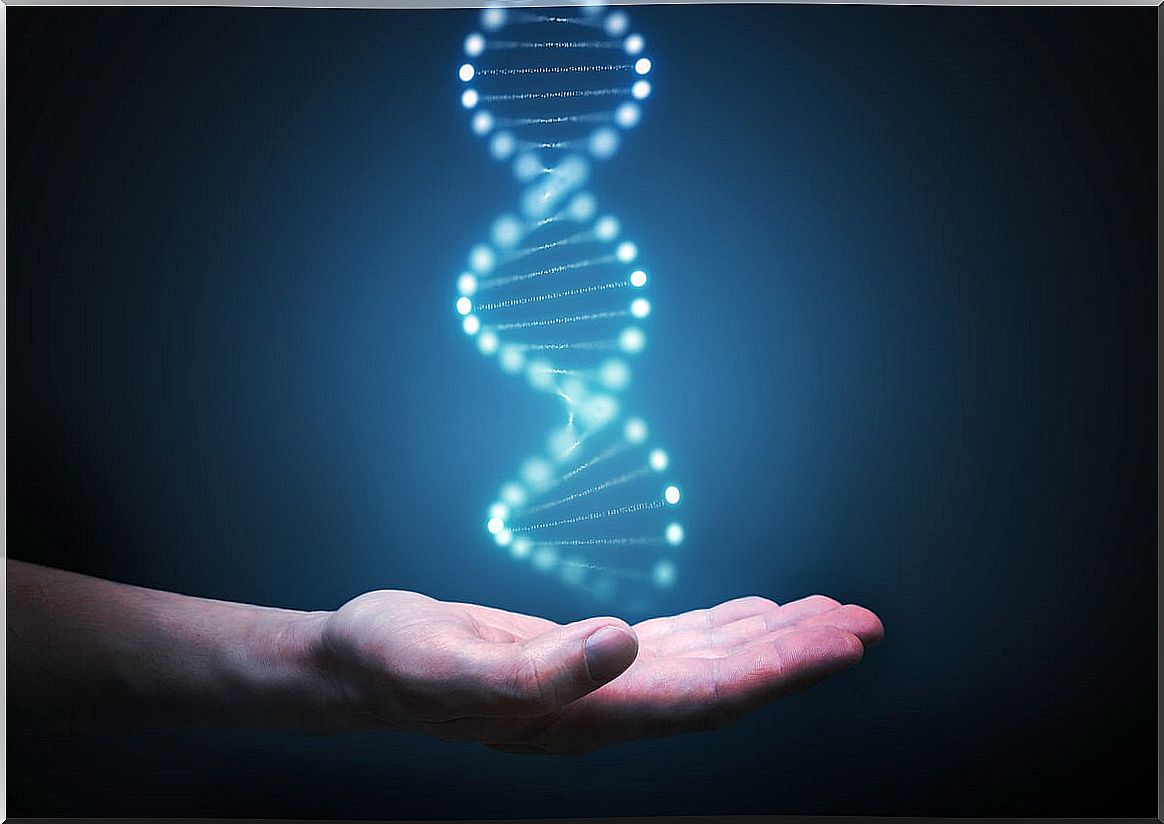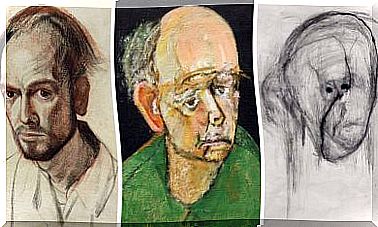Science Discovers The Gene For Happy Relationships

Love. Why is it sometimes so easy to fall in love and so difficult to build a satisfying, stable and enriching bond? Perhaps the origin is in biology or specifically in genetics. This is at least what science tells us after discovering that there is a gene for happy relationships. That is to say, it seems that there are those who have a genotype that would make it easier for them to have better skills to take care of that love.
Now, does this mean that those who are “lucky” to come into the world with that particularity are destined to be happy in their relationship? The answer, obviously, is no. As we well know, relationships are complex and happiness between two people depends on infinite factors. Variables that, after all, are not always under our control.
However, we do not stop admitting that science always surprises us. Knowing that a formula can be contained in DNA that increases the possibility of achieving a more significant link is, at the very least, interesting. Let’s get into it.

New discovery: the gene for happy relationships
The fact that they tell us that there is a gene for happy relationships may sound like a sci-fi series script. Something like this can even make us think that there is a certain biological determinism. Also, we could even ask someone for a genetic analysis before launching into a relationship with that person to guarantee success in that bond.
Now, what science has discovered is something much simpler. We cannot do that series of speculations. The work, published a few days ago, has been carried out in collaboration with the University of Arkansas, Florida State University and McGill University.
The objective was to find genetic markers that could explain the stability and satisfaction in couple relationships and what was discovered could not be more interesting. We analyze it.
The CD38 gene and its role in oxytocin release
Apparently, the CD38 gene has a specific function and it is to release the greatest amount of oxytocin when the person is in a relationship. What does this translate to? In something important: that person experiences a higher level of thoughts, emotions and behaviors aimed at strengthening the bonds of the couple.
As we well know, oxytocin is the hormone of affection, healthy attachment and also of love. This multipurpose molecule stimulates many of our caring behaviors.
The gene for happy relationships is expressed through three types of cognitions
The aforementioned investigation lasted three years. To do this, 73 couples were followed throughout this time with two very specific purposes. The first, to analyze the progression of these relationships. Second, to analyze genetic samples (saliva) to detect possible markers that explain the stability and happiness of the bond.
What was seen, as we have well pointed out, is that those most stable and happy couples had the CD38 gene. In addition to promoting a greater release of oxytocin, it was also observed that it was linked to three types of cognitions (ideas) that these people had about affective relationships.
They are as follows:
- Relationships, according to this population group, are based on a fundamental principle: trust. It is important to attend to this dimension and take care of it on a daily basis.
- Another fundamental idea that people who make an effort to take care of their emotional bond consider is knowing how to forgive. Conflicts, arguments, and small mistakes always deserve understanding – an empathetic effort.
- Finally, the gene for happy relationships is linked to the sense of gratitude. Couples in this sample who stayed together after three years said they felt grateful every day for that relationship, for that shared life.
The CC genotype in men
There was something interesting that should be noted in this investigation. A small difference was discovered in the gender variable, showing that men with the CC genotype had a stronger identity and sense of partner. What does this mean? It implies that men with this particular genotype were more committed to their partner.
That is, it is less likely that it will lead to infidelity or that they show carefree or inattentive behaviors.

What implication does the discovery of this gene have?
We may think that the discovery of the gene for happy relationships is little more than a Rosetta stone. It is enough to have that genotype for a couple bond to be satisfactory and successful. However, this biological rule of three is not always true. Thus, something that those responsible for this research tell us is that genes do not mark our destiny.
A gene elevates the appearance or manifestation of a particular trait, but it is not determinative. Moreover, on occasions, any of us can show the CD38 gene in our DNA, however, our partner may lack it. Something like this shows us that the fact that a relationship works does not depend exclusively on genetic factors.
Pillars such as personality, emotional maturity or empathy are always determining factors. Likewise, a relationship always presents many challenges and challenges that we cannot always control. Knowing therefore that there is a gene for happy relationships is interesting and significant. However, it will not determine us.









